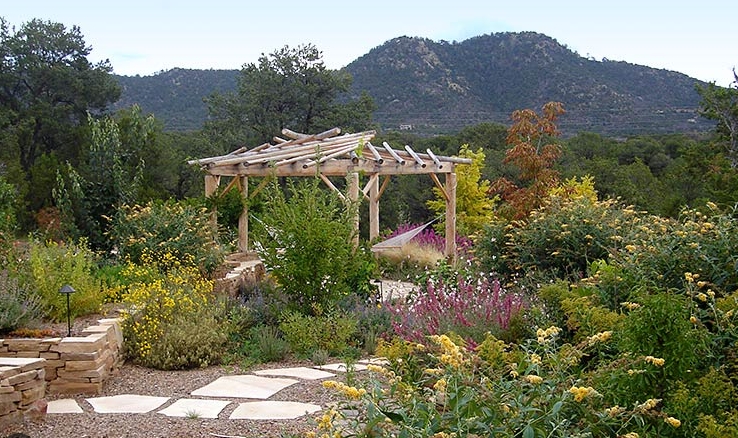In recent years, there has been a growing interest in permaculture architecture, a design approach that focuses on creating sustainable landscapes that work in harmony with nature. This innovative approach is revolutionizing the world of landscaping, offering a more environmentally friendly and sustainable alternative to traditional design methods.
What is Permaculture Architecture?
Permaculture architecture is a design philosophy that draws inspiration from natural ecosystems to create landscapes that are not only beautiful but also self-sustaining. By mimicking the natural patterns and processes found in ecosystems, permaculture architects are able to create landscapes that require minimal maintenance and resources.
The Rise of Permaculture Architects
As concerns about environmental sustainability continue to grow, the demand for permaculture architects has been on the rise. These designers are able to create landscapes that not only look stunning but also benefit the environment by conserving water, promoting biodiversity, and reducing the need for harmful chemicals and fertilizers.
Benefits of Permaculture Landscaping
There are numerous benefits to incorporating permaculture principles into landscaping. Not only does it help to reduce the environmental impact of landscaping practices, but it also creates healthier, more vibrant landscapes that are better able to withstand the challenges of climate change. Additionally, permaculture landscapes can provide a habitat for wildlife, improve soil health, and even help to mitigate flooding and erosion.
Creating a Sustainable Future
By embracing permaculture architecture, we can create a more sustainable future for our planet. These innovative designs have the potential to transform our cities and neighborhoods into vibrant, thriving ecosystems that support both people and the environment. With the rise of permaculture architects, we have the opportunity to revolutionize the way we think about landscaping and create a greener, more sustainable world for future generations.

